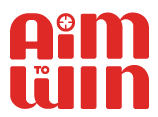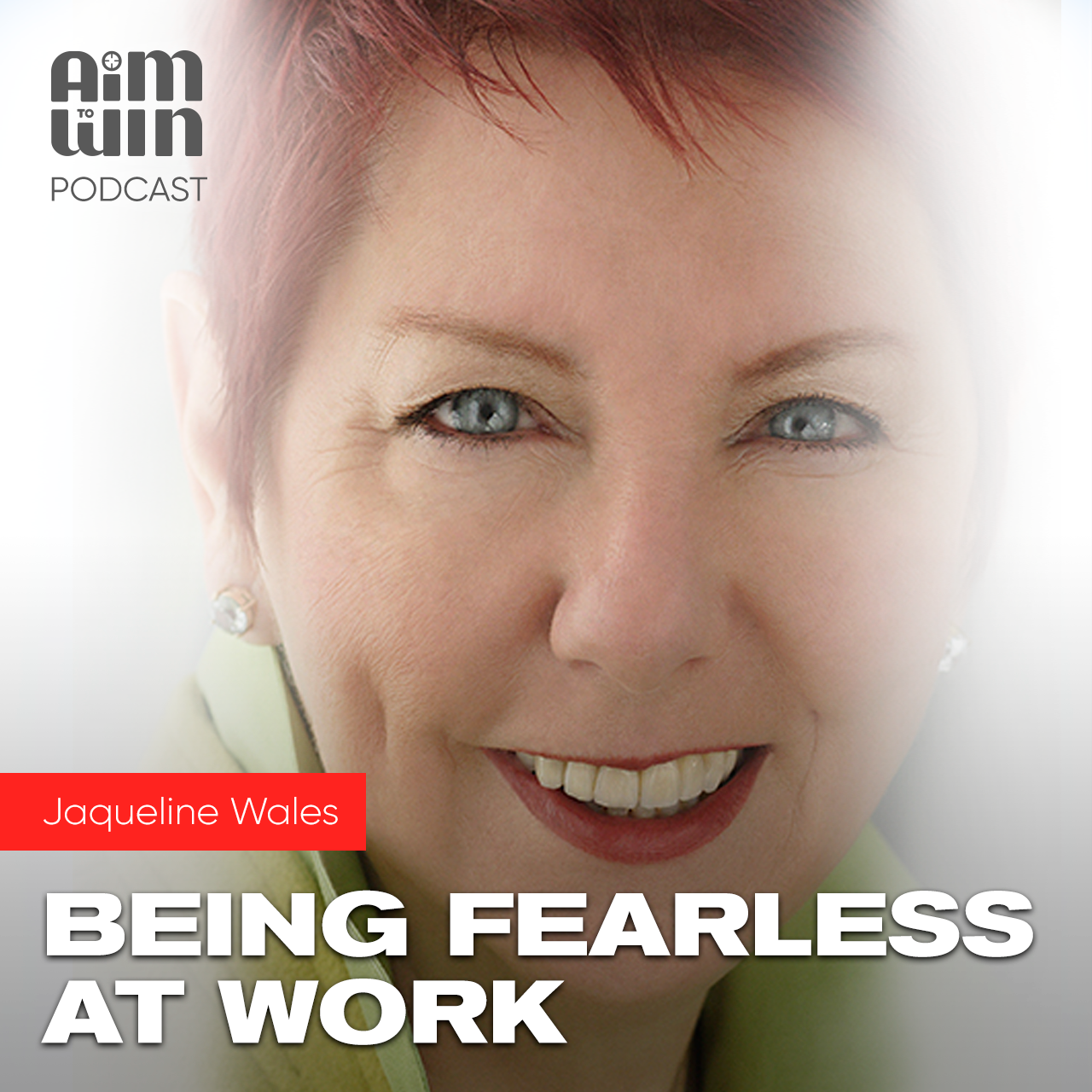An astute observer of behavior, Jaqueline Wales is endlessly fascinated by the messiness of being human, and finds people who are vulnerable and honest about their struggles incredibly interesting and courageous.
As the author of When The Crow Sings, The Fearless Factor, and the soon to be published The Fearless Factor @ Work, Jaqueline Wales has explored human behavior and asked tough questions to discover hard truths for more than 35 years.
Jaqueline Wales grew up in the School of Hard Knocks and witnessed first-hand many of the conditions that sabotage a person’s ability to succeed. This experience helped her enormously. While observing and talking with thousands of people over several decades, she’s come to understand that the challenges we all confront are not much different—no matter who you are or what you’re doing in life.
The first half of her life was spent wandering and wondering. She was a writer, a singer, and a global nomad who lived and traveled on three continents, developed a passion for martial arts earning a black belt in karate, and now an avid Crossfit athlete. She’s an active co-partner in a long-term marriage and along the way, she became the mother of four children who have grown up to be amazing adults.
Jaqueline Wales Podcast Highlights
Who is Jaqueline Wales?
Jaqueline Wales has been in the coaching business for the past 15 years, prior to that she journeyed the world and learned about the primary barrier that is holding people back from success.
Fear
The basic fear that almost everybody deals with is the fear of not being good enough. This comes in a number of forms but fear is essentially imagination based and not related to our physical environment.
Times are uncertain right now and it’s very common for people to project their fear into the future. If you want to protect yourself from unnecessary fear the first step is to turn off the news. If you’re overwhelmed by the media, make the choice to switch it off before it becomes an addiction.
Seek out good news and try to consume media that’s positive. Avoid the news because it will skew you towards fear.
Look at your patterns, because if your pattern is on the negative side of things you will look for things to confirm your fears. If you have a negative mindset you are going to find the negative news.
Jaqueline grew up in circumstances that involved alcoholism and violence which undermined her ability to look at things positively, but she overcame that through practice.
The opposite of being fearful is being courageous, so where are you being courageous in your life? Respect your intention and show courage. We have ideas in our head that limit who we think we are, and who we think we are and who we really are is often two very different things.
Stop looking for the right answers and start asking the right questions, and the answers will come to you automatically.
What does fear do?
Fear is an accelerator. Fear is the sharp edge of excitement. It’s when you are unsure of an outcome.
Fear manifests as a narrative of negativity in your head but that rarely reflects the reality of your situation.
People are afraid of failure, if you’re aiming to win you have to be able to take a risk. Epic things are never accomplished within your comfort zone. It may be uncomfortable along the way the end result is often wonderful.
How does fear play into a professional and corporate environment?
Many companies are dysfunctional because they are fear based. If a person makes a mistake that’s unacceptable and results in negative feedback. Positive feedback is rare.
Jaqueline gets called in frequently to measure assessments on individuals within an organization and finds that a lot of the negative behaviors are fear based. Fear of looking bad, perfectionism based on a fear of failure, or a fear making the wrong decision leading to inaction.
The scarcity mindset creates a slew of bad behaviors in any organization and it starts at the top. The CEO sets the tone and it trickles down throughout the company.
What can a leader do to change the environment of fear that exists in a lot of organizations?
Start by getting to know your team. When you need someone to step up, frame it in a way that involves more than just them. Leaders are only as good as their followers, if your team doesn’t care you won’t get anything done effectively.
If you know where your blindspots are and what triggers the reactions in yourself, you can use that knowledge to communicate more effectively with your team.
As a manager and a leader your job is to help your team be better at what they do. You have to put the time and the work in to make improvements happen. Take the time upfront to invest in people and help them get past their fears and it will pay off in their performance.
The ROI on creating psychological safety is higher than almost anything else you can do in your organization.
What is your take on 2020 from a fear standpoint?
There is a gift in this year in that people have had to reset their priorities. We have had to simplify our lives this year. The fear has been very real with many people dying but it has forced people to sort out their priorities.
Think forward to 2021 and what you can create for yourself to give you a sense of possibility. Jaqueline has used her time this year to be more creative than any other year so there are upsides to having a lot of time on your hands.
We will look back at the changes during this year as an inflection point for refocusing our lives.
If I’m a leader, what’s one thing I should start doing today?
Start having the conversations necessary to get to know people. Be honest and transparent about what’s going on and how you feel about it. When people feel like they are included and they belong, they start to open up.
When you can be a role model that’s working on your own weaknesses, that gives people permission to open up about their own weaknesses which is critical to building strong relationships.
Links:
https://thefearlessfactoratwork.com/

